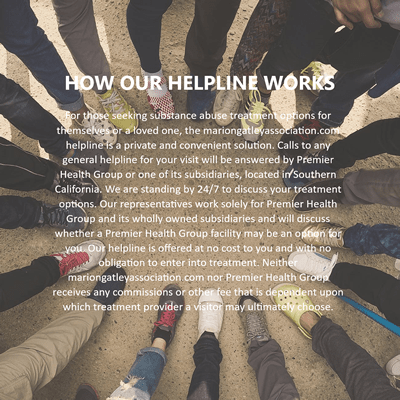After leaving an addiction treatment center for the first time, the hours of time previously spent getting high, going to the bar, or tracking down a dealer are suddenly free. Whole mornings, afternoons, and evenings await, begging to be filled. But with what?
In the grip of a drug addiction, people often lose sight of what was once most important to them. They let their responsibilities slip, abandon hobbies, and even relinquish cherished relationships. When they enter into early sobriety, then, it can be a daunting prospect to know how to spend their time. Who are they now? Without their drug, what kind of person are they?
Though it seems silly, activities and hobbies can be an important part of forging a new sober identity after leaving the structured environment of drug rehab. Those in recovery can find new interests, cultivate skills, and rekindle old passions. Perhaps before becoming addicted, someone loved to write stories, play basketball, learn new languages, or go hiking. Re-engaging in these pursuits restores self-esteem and provides stability in the recovering person’s life, while chasing down new skills or interests renews people and refreshes their sense of wonder. Finding a passion, whether old or new, can begin to transform the person in recovery.
Sober activities also offer a crucial opportunity for restoring old relationships and forging healthy new ones. Family and friends are often crushed by addiction, weighed down by pain and fear. After leaving an addiction recovery facility, the recovering person can reach out to those they’ve hurt by spending quality time with them. Playing board games, taking walks, or tossing a football back and forth are great ways to begin spending time with loved ones again. Branching out and joining clubs, leagues, groups, or classes is also an excellent way to meet new people and form friendships with sober people who will have a healthy influence on the recovering person. Instead of hanging out with using friends, those in recovery can seek out new relationships and strengthen their old ones.
Surprising as it may seem, activities may also help prevent cravings and relapse. Addiction recovery programs often recommend finding a distraction to cope with a strong craving. Participating in an activity takes a person’s mind off of drugs and onto the task at hand, whether it’s exercise, knitting, baking, painting, working on a car, or any other absorbing task. And launching oneself into new habits, routines, hangouts, and friendships can help those in recovery to avoid old haunts, people, or places that trigger cravings.
If you or a loved one is suffering from addiction to alcohol or drugs, please email or call our intake coordinators at Intervention Drug Rehab Association right away to learn about our luxury drug rehab program. Our experienced and professional staff is qualified to provide supervised detoxification and treat dual diagnosis, and the luxury difference means that clients recover in total privacy and comfort. During treatment, clients delve into group and one-on-one meetings, determine the underlying causes of their addiction, and cultivate sober networks of support. Please contact us today to begin the next chapter of your life.



